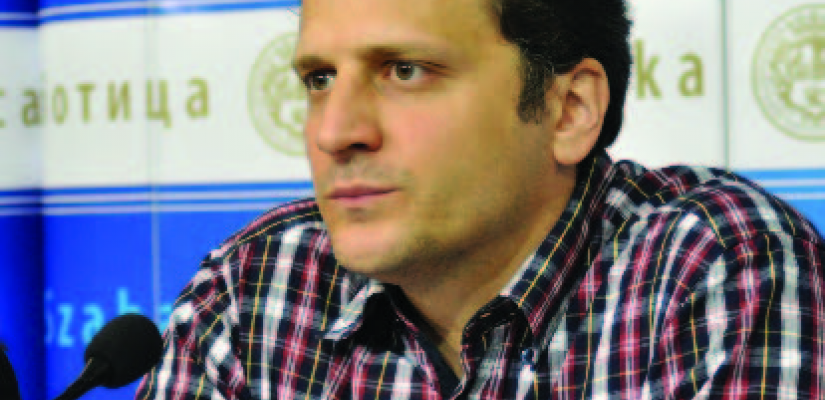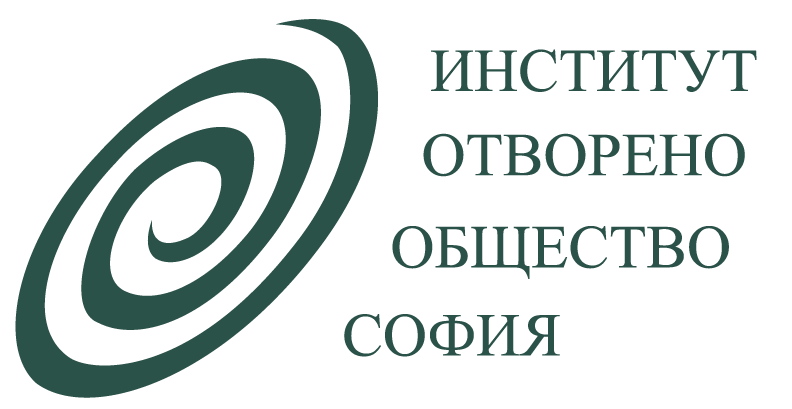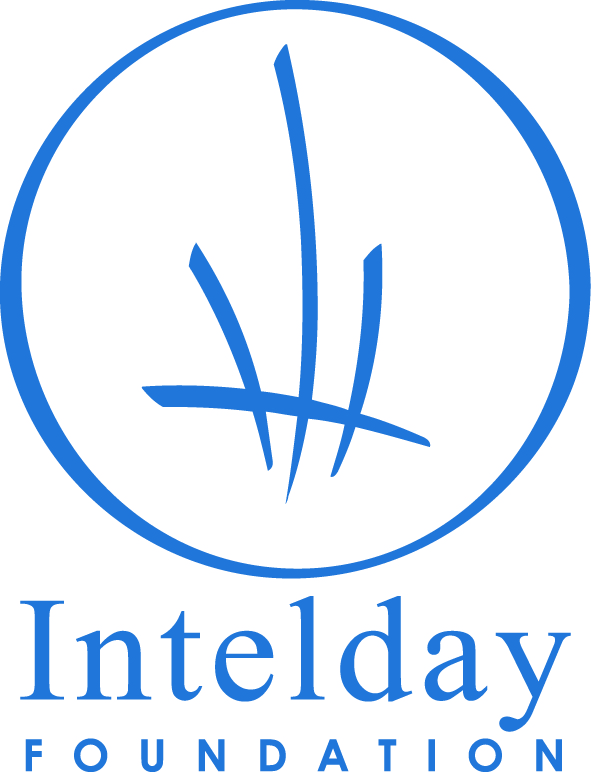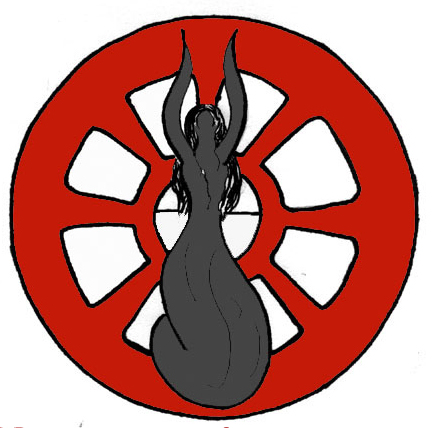
The general goal is to provide annual mentoring to the Roma students who attend the faculties of medical sciences in Serbia
Dr Janko Janković, Manager of the mentoring component, Assistant Professor of Social Medicine of the School of Medicine at University of BelgradeWhat is the importance of mentoring work for the students?
The general goal is to provide annual mentoring to the Roma students who attend the faculties of medical sciences in Serbia. There are also some specific goals that refer to provision of support and aid to the students, their professional and academic development, to support Roma students' inclusion in the academic surroundings and realization of their right to education and to encourage their engagement in the activities of the non-governmental sector which is dedicated to improvement of the Roma health.
What does mentoring component consist of?
There are three most important components of every mentoring process. They are pedagogical, social and psychological. The pedagogical and professional components consist of assistance in preparation for exercises, colloquiums, consultations for exams, assistance in writing scientific and research works and final exam papers... However, we emphasize importance of the social component which implies their inclusion in non-governmental Roma students' organizations, participation at seminars, congresses and promotion of students. And the last but not the least important is the psychological component, because they often need help in solving some potential problems, most often it is the lack of self-confidence, stage freight before the exams... They expect the mentor to be a friend who will not fail their trust, who they can rely upon, who is always there in need, the person who gives them advice and support.
Is it true that almost all scholarship holders are excellent students?
Yes, it is! Simply, the project financed by the Fund for an Open Society is exceptionally ambitious – they are requested to achieve high academic results. We've been in the team from the very beginning and I can tell you that their main problems are social and economic issues, so just finishing a year and having good marks is a huge success for them.
You are, therefore, satisfied with performance of the Roma students.
Of course! In November last year we published an evaluation of the project successfulness and I can share some very positive experiences. Last year, three Roma students out of 13 other students who took part in the project presented their papers at the biggest public health conference which takes place once a year in Europe, actually in Milan. Moreover, they receive the scholarships from the Fund for an Open Society both for foreign languages learning and for participation at conferences. It is additional to the scholarships they receive for the studies. Still, the problem is they rarely use the scholarships, either for foreign languages learning or for participation at international conferences. On the other hand, they say they have a lot of obligations and they are happy with the achievements. Unlike other students, they also face the fundamental existential issues. But, when taking into account their average marks, they are indeed exceptional students.
What do you expect from them?
We expect them to be the Roma practitioners, doctors, specialists, approved experts in their professions and to contribute to improvement of the Roma health. Many of these students are activists in non-governmental organizations. We expect them to be part of the Roma élite who will change the image of the members of their community and who will fight against the predominant narrative, namely, against the systemic discrimination by the majority population.
Unfortunately, after finished faculty, the students often remain unemployed or leave the country! Is it chiefly the problem of the government?
It is the problem of the government, but not only when the Roma are concerned. As regards employment, little has been done. To have them stay in the country is also in the interest of the Program, that is why the scholarships were awarded in the first place for the faculties of medical sciences, that one day when they finish the studies they can help their compatriots, both in health preservation and improvement and in solving the potential public health problems. They simply face the same problems as we all in Serbia do. Unfortunately, such is the situation and I would like that some things can be done in that respect, maybe to take some affirmative employment actions.




